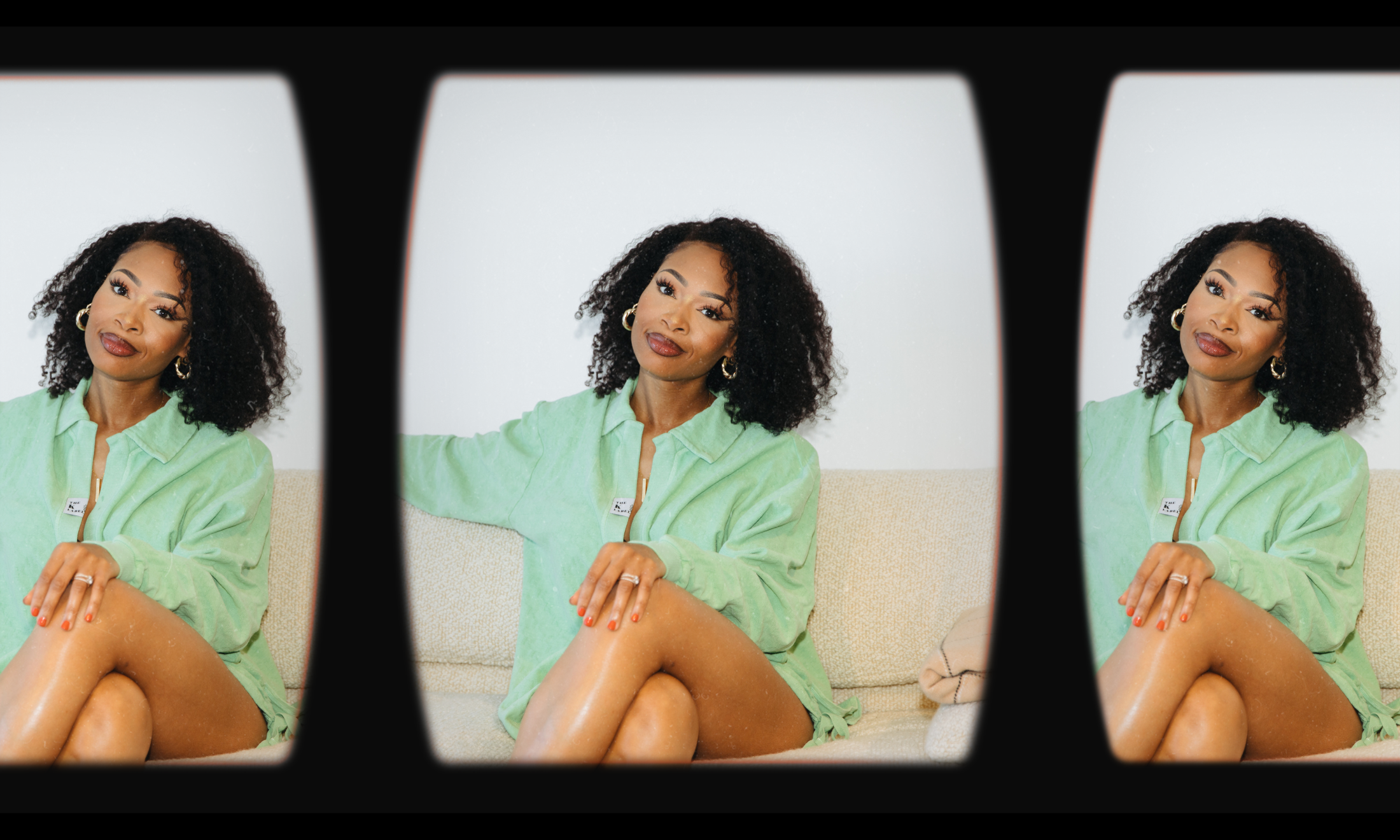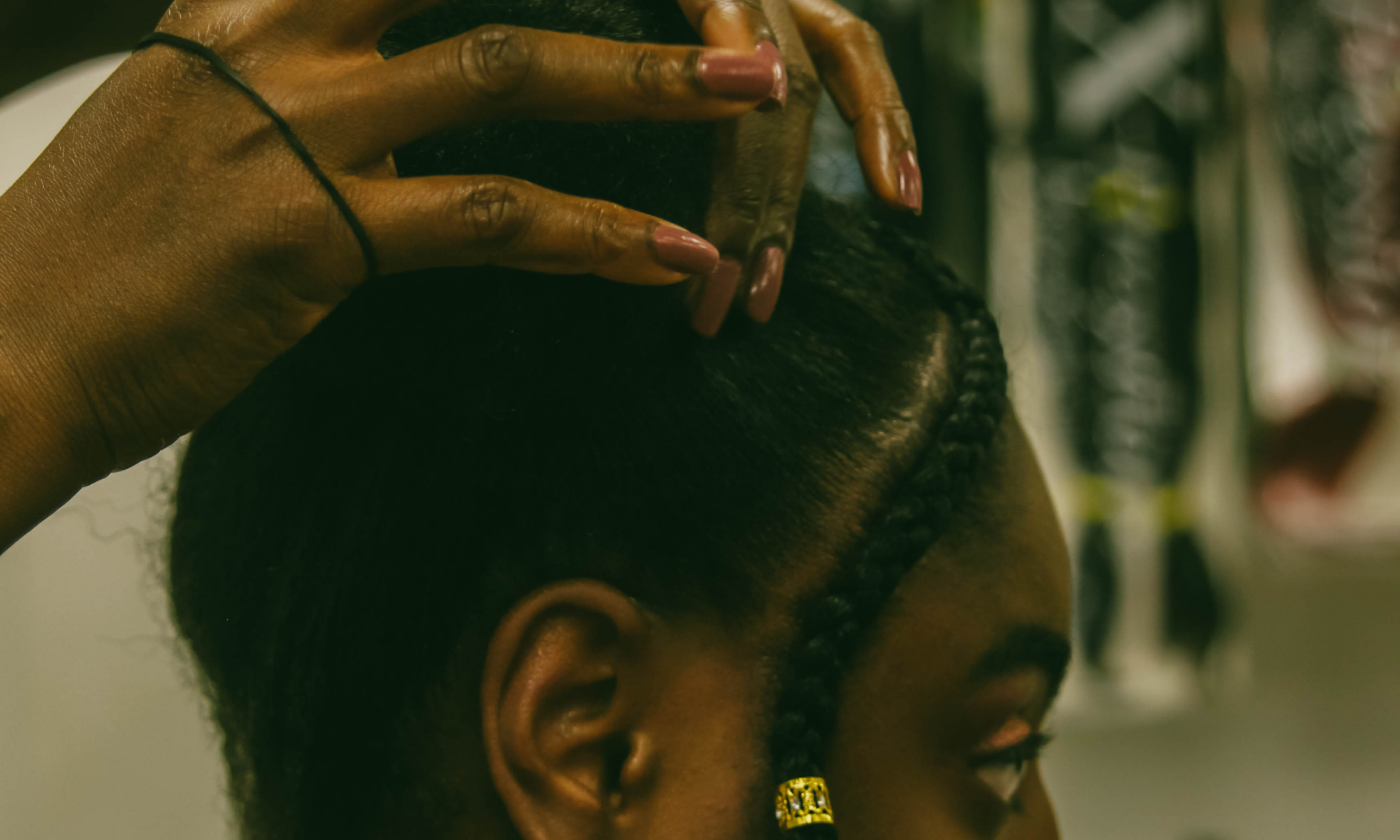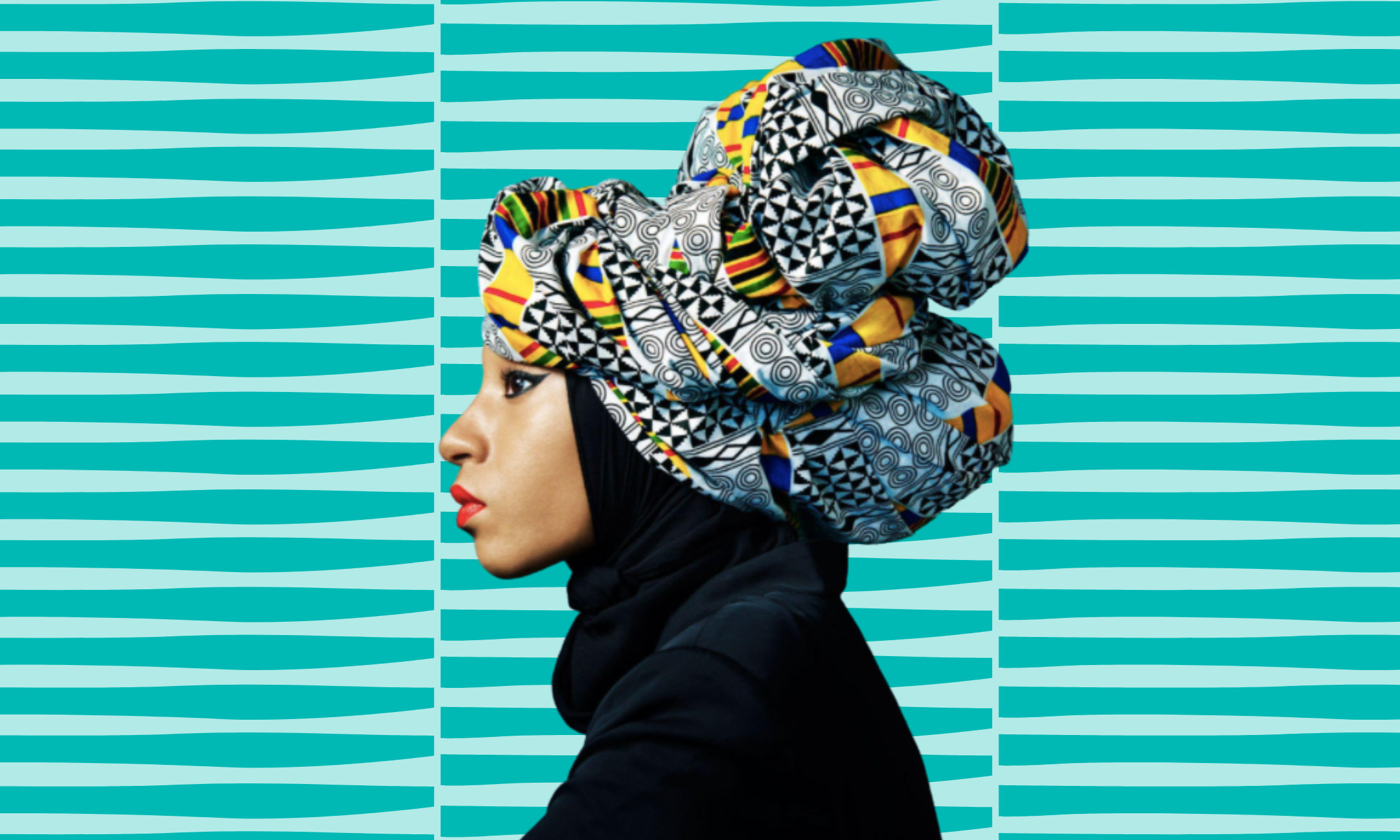
It was a weekly event, where young people came to discuss the most pressing issues of our time in a charmingly run-down bookshop. I sat down in the corner of a room brimming with middle class socialists with their hearts in the best of places. We all cursed the housing crisis, whilst the guilt of our £600 per month box rooms hung heavily. We all wished brunch was less delicious. The discussion kicks off.
“And capitalism’s ability to make us hate ourselves is so pervasive. Particularly black women, who inflict so much self-hate, straightening their hair because of an oppressive Western ideal of beauty, it’s so sad.”
There is nothing more surreal than being informed that you hate yourself. Particularly by someone who as well informed and well meaning as they are, can never fully understand what it is like to be you.
Hate is a strong word. To say I hate myself rids me of autonomy and paints me as someone that has failed. Failed to be strong enough, given up the fight. Living in a society where you will never fully fit the ideal of beauty is wrought with challenges. I remember walking through hair shops and dreaming of my hair falling into loose ringlets like the kids on the relaxer packets. Aged 12, when the fateful day of my first relaxer came, I went into school to be told my hair now looked ‘normal’, it conformed. That same year, I had a black woman at the petrol station ask me if I were mixed-race, as I had such ‘good’ hair I couldn’t possibly have two black parents. My mother was furious.
An article in the The Root highlights that even the images of natural hair black women are presented with is often unattainable, still involving loosely curled wigs or weave. Trying to navigate through the politics of hair and beauty as a teenager in a majority white environment, whilst crippled with the insecurity that comes with general adolescence was trying.
It took years to achieve the level of high self-esteem that I have now, and the battle continues everyday. To reduce the act of relaxing my hair to self-hatred and inadequacy rids me of the complexity of my experience in a society not structured in my favour. I get up most days and feel good about personality and my appearance, and this is no easy feat for any women. I do not blame myself for societal structures that are outside of my control, and I cannot win every battle.
Three years ago, I went on an exchange trip to the University of Toronto, where I had a brief encounter with an American. It was the third night of my exchange trip and I met him at a party. He had the arrogant character that made me immediately aware that nothing more than a short, casual fling with as few feelings as possible would be desirable. When I first had sex with him, he asked me, worriedly, if I would fall in love with him. And I laughed and laughed that for someone this uncomfortably handsome this seemed a legitimate life concern.
Three months later and my exchange trip was nearing its end. The friends I’d made, an ad-hoc group of Canadians and exchange students, were ready for one last hurrah.
We were forced to file out to a bar due to Toronto’s sensible licensing laws, which make it impossible to binge drink at your convenience. For that, I missed England. I let them leave, as I was drunk enough. I chose to stare at a red wall and listen in detail to a relative stranger’s coming out story instead. His parents took it well and I was glad for him. The group returned, the American in tow. They were in the middle of a discussion.
“But Kim isn’t like that at all,” the American said, pointing towards me with a drunken, limp hand.
“Obviously, because everything you have said is NOT TRUE. It’s bullshit man,” my favourite Canadian retorted.
“But black people REALLY are psychologically predisposed to violence, it’s like hardwired in their brains,” was the American’s rebuttal, hopeful that the emphasis would finally get this biological fact across to the group.
“That’s some 19th century shit,” said the Canadian.
Nineteenth century shit indeed. I realised I’d had sex with a biological racist. But I didn’t hate myself.
At 6am, only the hardcore partygoers remained. Sat on the roof of the bar, it was an ethereal end to a life-changing experience as we watched the sun rise over the Toronto skyline. It was time to go home.
“Don is a fascinating guy, I find him so endearing, but he has some fucked up views and even though he can’t reconcile you with the ideas – it doesn’t push him far enough to really challenge them,” the Brit, and my best friend of the trip said.
“The thing is,” I reply, “is that you can separate his racist views from positive aspects of his personality because the racism doesn’t directly impact you. I don’t have that luxury. They’re not parts I can separate out and analyse. It’s everything.”
And that is why I do not need white people to speak for me. It’s that freedom to question from the outside but not have to experience racism, which often makes it more useful to listen than to speak. I need a platform, not a spokesperson. Please don’t speak for me.









